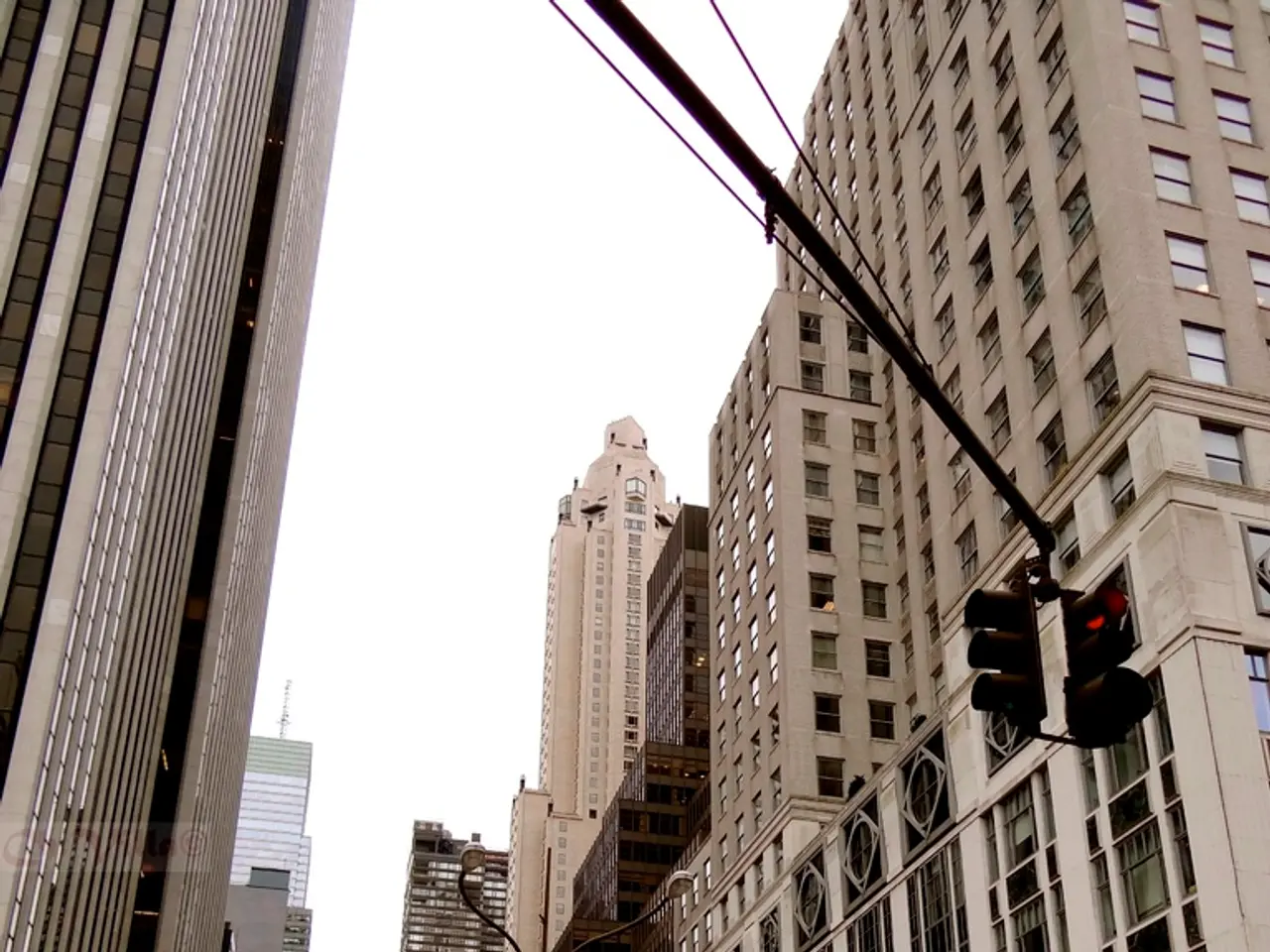Disruption of Cellular Signals in Munich's Underground Train System Causes 24-Hour Chaos
In the early hours of Monday, the mobile network in Munich's U-Bahn trains was disrupted, causing a minor inconvenience for commuters. The disruption affected the transmitters of lines U1 to U7, leaving around half of all U-Bahn stations without mobile coverage.
Initially, no one from Vodafone, one of the mobile network operators involved, was reachable for comment. However, the company later reported that the cause of the disruption was a failed power supply to which their network is connected. The exact cause of the failed power supply is still under investigation.
The city utilities (SWM) and transport company (MVG) were working with Vodafone to restore the network. Maximilian Kaltner, spokesperson for both SWM and MVG, stated they were trying to make the network available again as soon as possible.
The mobile network in U-Bahn trains has been operational since the beginning of 2009, with the main station being the first to go online. Extensive planning, including feasibility studies, preceded the installation of the mobile network in U-Bahn tunnels and stations. Initially, around 100 base stations and over 250 antennas were required for the network, with the number later increasing. Sometimes, there's even an extra transmitter in the middle of the tunnel if the route is too long for the transmitters at the stations.
The mobile network operators E-Plus, O2, T-Mobile, and Vodafone shared the costs of installing cell towers, amounting to several million euros. Approximately 75 kilometers of tunnel and 89 underground subway stations were equipped with the then-standard wireless technologies GSM and UMTS.
The passenger association "Action Munich Passengers" did not express significant concern over the mobile network disruption. Stefan Hofmeir, a founding member of the association since 1989, suggested that it was a small loss of comfort. Hofmeir compared the need for WiFi in U-Bahn trains to the lack of demand for toilets in the same trains. He recalled the pre-mobile network era in U-Bahn trains, where passengers would read each other's newspapers or meet people without the use of apps.
While no detailed information is found specifically about how the mobile network disruption inside U-Bahn trains on Monday was resolved, typical resolution methods for such disruptions involve technical teams restoring or upgrading the mobile signal infrastructure either by repairing damaged equipment or switching to alternative signal sources. Communication to passengers via apps like MVGO that inform about disruptions and service status in real time also plays a crucial role in keeping passengers informed during such incidents.
If you need precise technical details or official confirmation, contacting the Münchner Verkehrs- und Tarifverbund (MVV) or the mobile network operators involved would be necessary, as public online sources do not detail this specific event.
The mobile network disruption in Munich's U-Bahn trains, caused by a failed power supply, affected smartphones and other gadgets users commuting on Monday. Companies like Vodafone, E-Plus, O2, and T-Mobile, which operate in the U-Bahn's mobile network, were working to restore service quickly, using available technologies such as GSM and UMTS.




